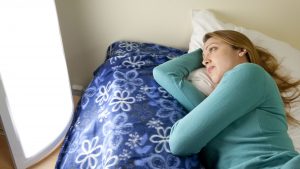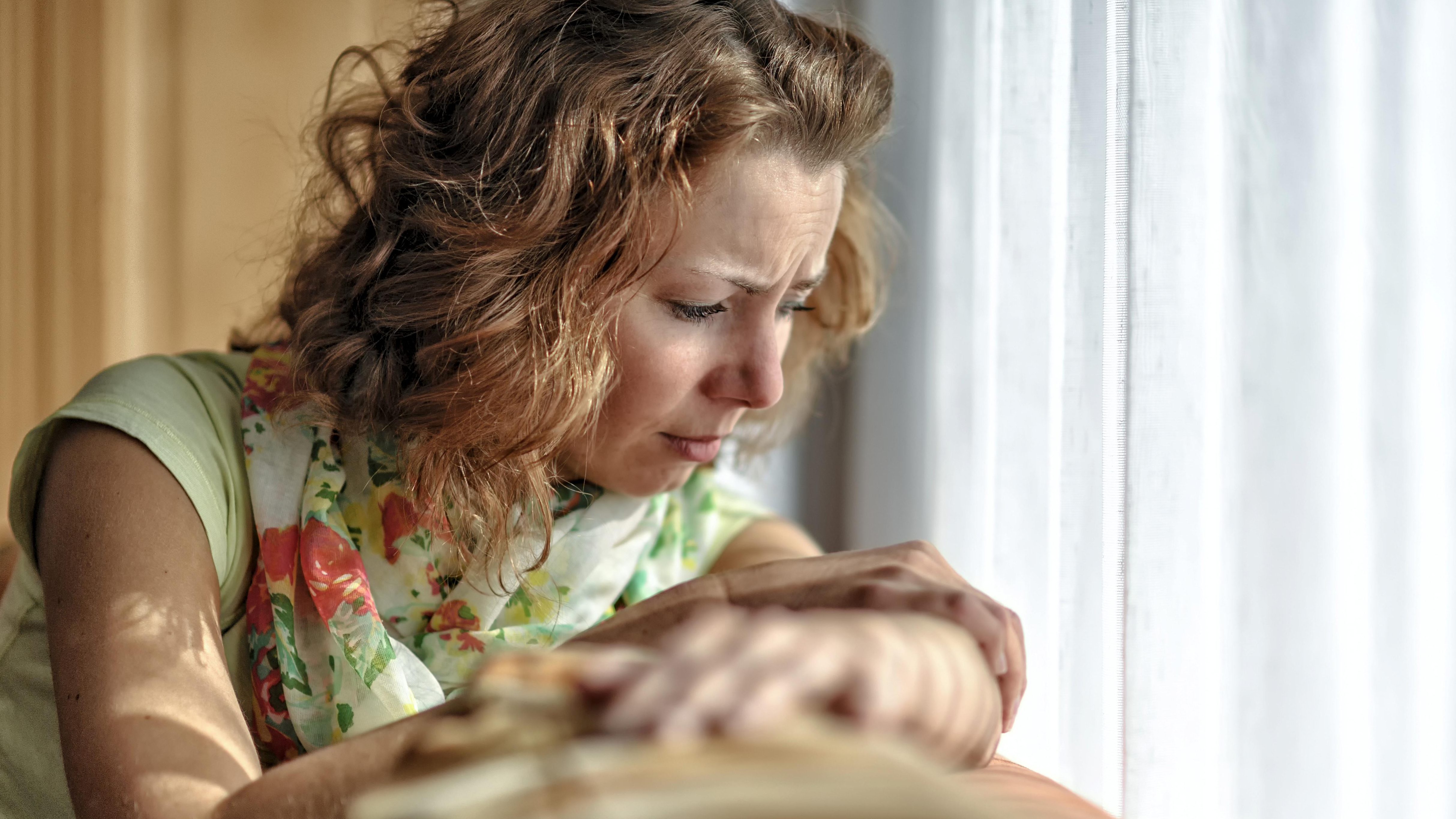Seasonal affective disorder (SAD) is a form of depression that strikes most commonly during the winter months from around October through to March.
However, it can also strike during the summer months, but this is far rarer.
Some of the symptoms of SAD, according to the NHS website are low moods that persist, finding yourself more easily irritated, feeling lethargic, sleeping more and loss of interest in everyday activities, among others symptoms.
People who suffer from SAD can end up feeling extremely demotivated, which is a big issue for students who have deadlines approaching.
Trying to know where to start an essay can be difficult at the best of times, but for those suffering from SAD, it can be almost impossible.
Some things can be done to prevent SAD from impacting too significantly on day to day life. Still, it is worth acknowledging that like all mental illnesses, there is not a sudden cure that will make everything manageable and better.
KU student Freddie JM Goodman was diagnosed with depression a few years ago but found their symptoms were far worse during the winter months.
Laurensia Puia moved to England from Greece three years ago and noticed that her moods in winter were far different from how she had been in Greece.
But how can you cope with SAD?

Take a day off if things are too much
Goodman, a third-year drama student at Kingston, who suffers from SAD says: “During the period of around October to March, I find everything so much harder than it was before.
“Waking up and getting out of bed feels like I have a huge weight on me, especially when it still seems to be dark outside.”
For students, missing lectures and seminars can lead to a dangerous spiral where attendance slips and becomes less important, and with that often comes lower grades.
However, the occasional mental health day could actually be better for students in the long run.
Caroline Clauss-Ehlers, a PhD psychologist, told Healthline: “This is a great idea, particularly for adolescents and teens, because depression and anxiety have so much prevalence among these age groups.”
Pack in as much sunlight as possible
Third-year English literature and creative writing student Puia, 21, says she tries to ensure she spends as much time in the sun as possible to combat her SAD.
“Being in the sunlight as much as possible helps. Even if you have a day off, going to a library or a coffee shop will make a difference.
“You might think locking yourself away in a room, and working helps, but it will just make you feel isolated. But when you are in your room, try to keep the blinds open,” she says.
Spending time in the sun is thought to increase the release of serotonin in the brain, which is the chemical that can help reduce depression.
Between classes, go for a walk, Kingston is full of beautiful scenery, and if you have a long enough break between classes, you can go for a walk around Richmond Park with some friends.
Get checked for vitamin deficiencies
A widely known trigger for worsening depression of any form is vitamin deficiencies.
Vitamin D deficiencies are common during the winter when sunlight is harder to soak up. Still, if you already suffer from vitamin deficiencies, it can make suffering with SAD even harder.
Goodman says they encourage people who suffer from SAD to have their blood tested for vitamin deficiencies.
“I know SAD can be made a lot worse by vitamin imbalances and stuff due to the lack of sunlight,” they say.
Surround yourself with friends
When SAD is at its worst, it can be easy to push everyone away and retreat into an isolated world, and while this may be what you want to do, it will not help.
Instead, people suffering from SAD should actively do the opposite and surround themselves with their friends.

While friends may not want to skip a lecture, you can always hang out with your friends after classes and on the weekends.
Confiding with friends on how you feel is something both Goodman and Puia encourage.
Goodman says: “There’s no harm in confiding in friends, especially if they understand your experience.
“Confide in someone you trust, and your doctor can always give advice too.”
Keep on top of personal hygiene
SAD, as a form of depression, can leave someone really not wanting to do anything with their day, including brushing their teeth or showering.
Ultimately this is only going to make an individual suffering from SAD feel even worse, so do keep on top of your personal hygiene.
It is something that can be marked off as an accomplishment for the day, and you will automatically feel the tiniest bit better, if not more, for accomplishing something when you feel so drained.
If you are feeling suicidal, call Samaritans for free on 116 123 who are available 24/7.

